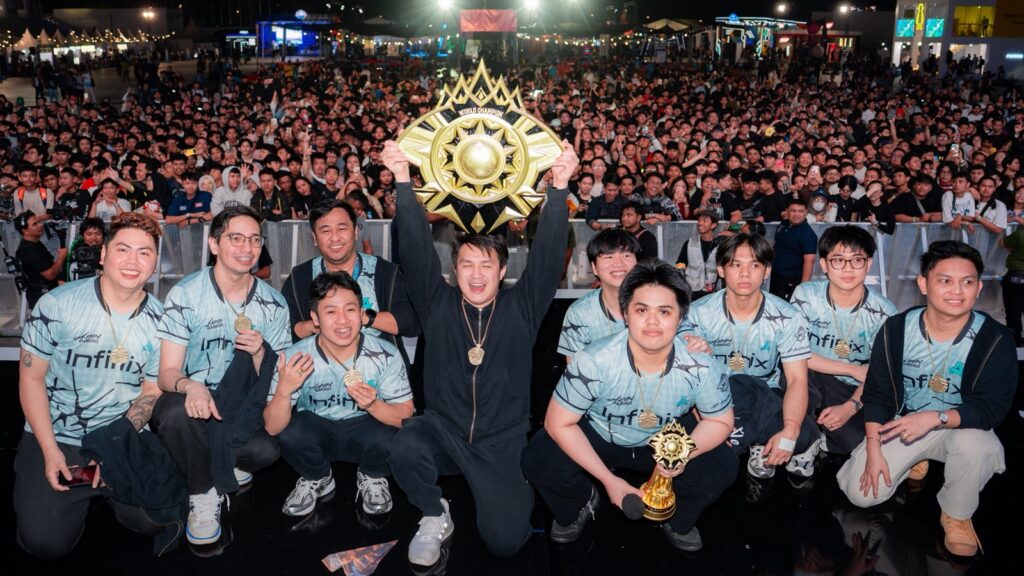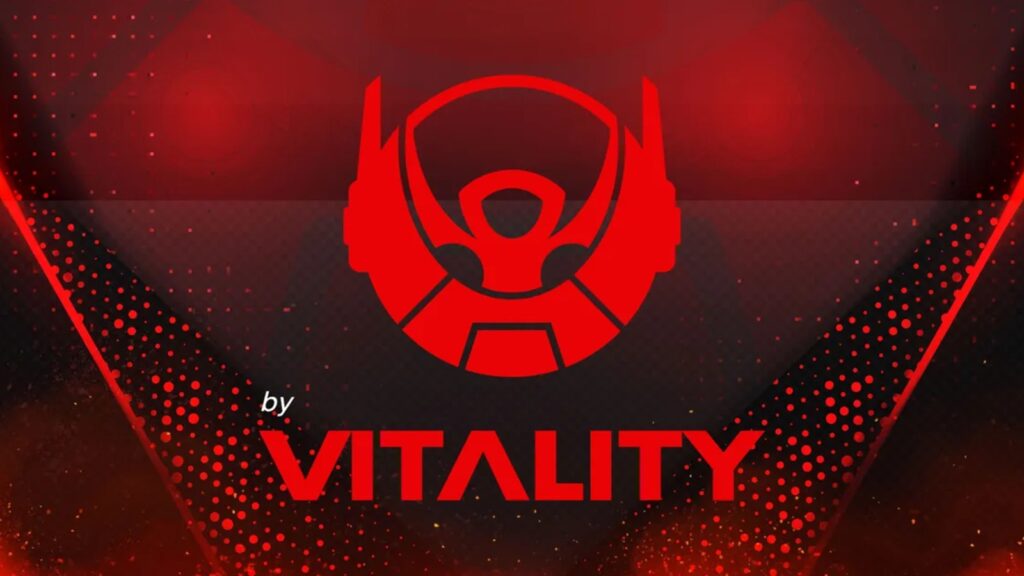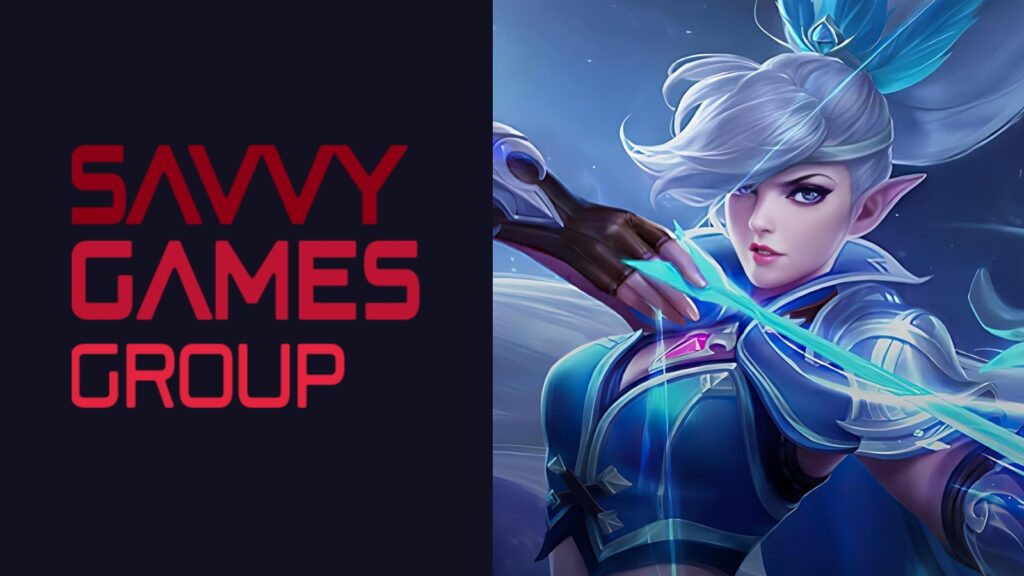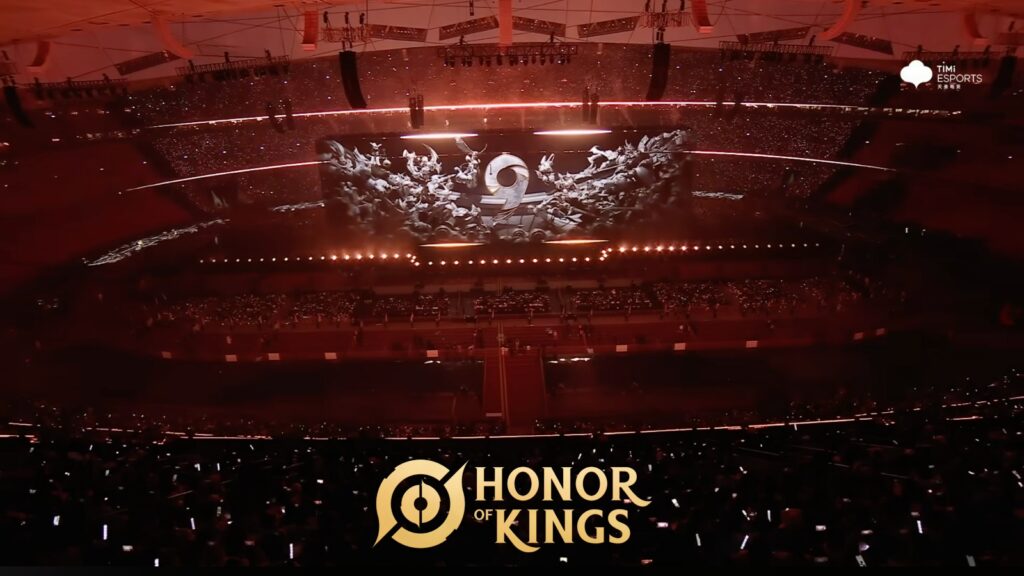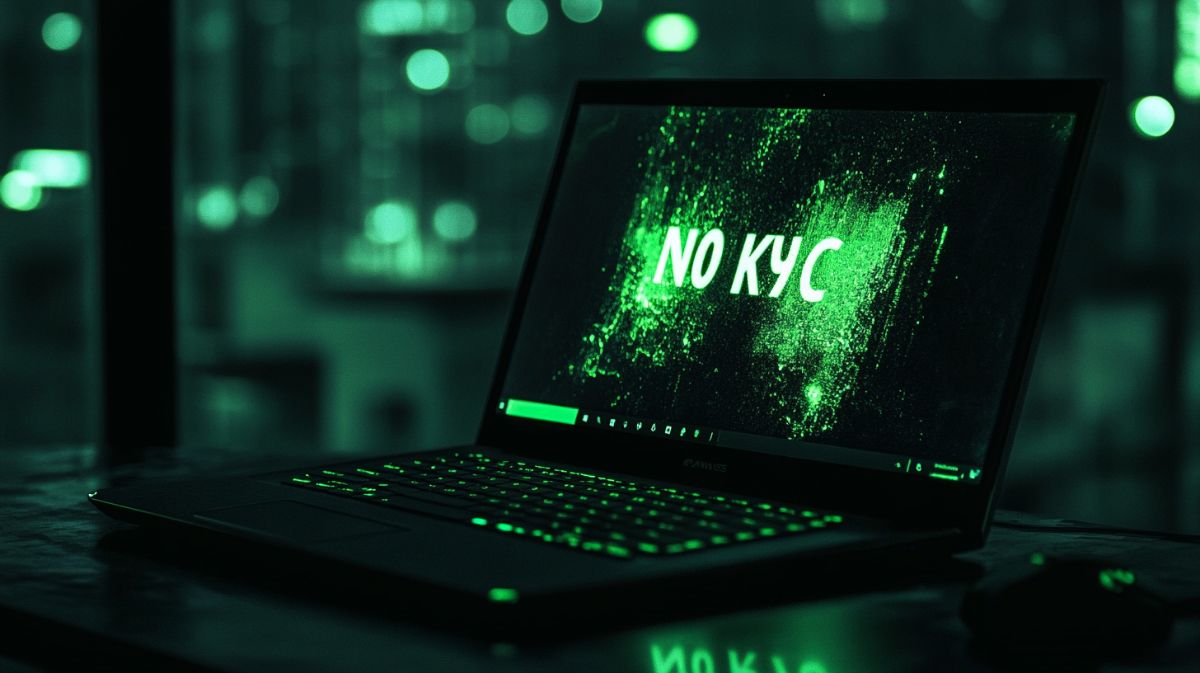High hopes for mobile esports with the Clash Royale League finals
Last Saturday saw the finals of the Clash Royale League kick off in Tokyo, Japan. The finals featured six top-level Clash Royale teams who went head to head in a bid to take a healthy share of an impressive $1 million prize pool, and China’s Nova Esports managed to win the title by beating Vivo Keyd. Not only was this one of the biggest mobile esports tournaments of all-time, but the success of the competition will also help mobile gaming become a force to be reckoned with in the esports realm.
Read also: Clash Royale Betting
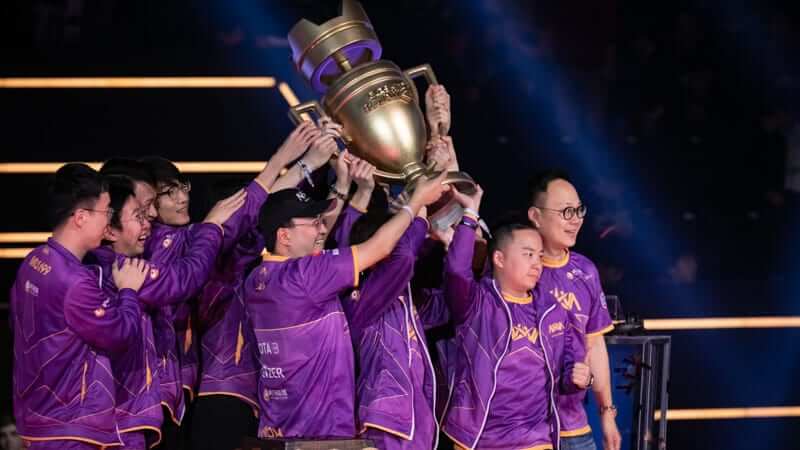
© NovaEsportsTeam
Mobile esports competitions have previously suffered in comparison to their console and PC-based counterparts. Whilst the immersive graphics and chaotic gameplay of iconic esports like League of Legends and Counter Strike Global Offensive have made these games attractive to spectators, for a long time it has been felt that mobile games just don’t hold the same appeal. But with millions of eager gaming fans tuning in to watch Nova Esports win the Clash Royale League finals, it seems as though things could be changing.
Why the Clash Royale Finals were worth watching
Regardless of whether you are into the Clash Royale game or not, it’s clear that the Clash Royale League finals marked a watershed moment for mobile esports. Alongside the staggering $1 million in prize winnings, the tournament’s organisers and game developers, Supercell, were careful to make sure that this competition provided the very best in mobile gaming.
This meant that the games developer were keen to attract some of the biggest esports teams around. As a result, viewers were treated to the sight of seeing top esports organisations like 100 Thieves, Team Liquid, Cloud9, and NRG Esports in the North America league part of the contest, and this approach paid off in each of the regions invited to take part in this global gaming event.
The decision to host the Clash Royale League finals in Japan is also a timely move. Whilst Japan has been surprisingly slow to join the global esports revolution, Supercell made the huge Makauhari Messe Hall in Tokyo the centre of the biggest mobile esports event so far.
As a result, spectators got the chance to see Japan’s top Clash Royale team, PONOS Sports, taking on five other region-winning sides. But all eyes were on Nova Esports who put in a spectacular winning performance, whilst the Latin America team, Vivo Keyd, and the European organisation, Team Queso, also performed well. And with, the North American side, Immortals, and the highly rated Chinese side, KINGZONE Dragon X, completing the line-up, it was an action packed event.
Could the Clash Royale League finals push mobile esports into the mainstream?
There is no denying the fact that mobile gaming is a global sensation. With a reported 47% of all games now being played on either a smartphone or a tablet, it was only a matter of time before a mobile esports tournament the size of the Clash Royale League came along.
Clash Royale is easily one of the world’s biggest mobile games. Not only are there an estimated 25 million people who have played the iOS and Android title, but Clash Royale also earned a staggering $1 billion for Supercell within one year of the game being released.
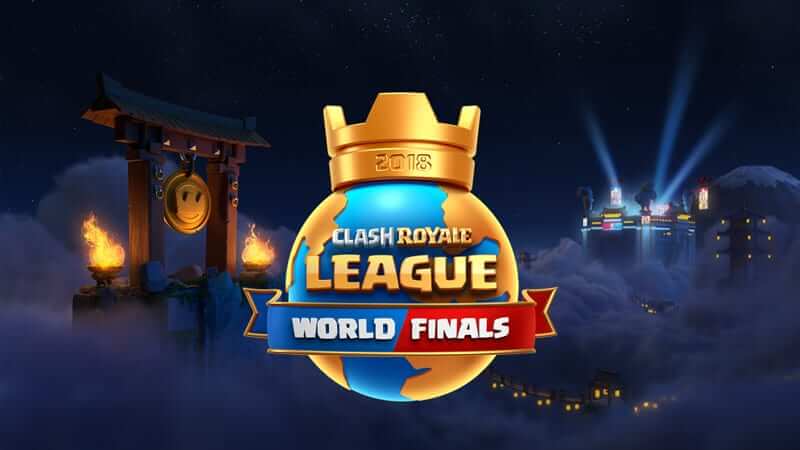
© Blizzard Entertainment
Despite the overwhelming popularity of Clash Royale, there remain big questions about whether a mobile game can match the success of traditional esports titles. Many of the biggest esports titles like Overwatch rely on stunning graphics and surprisingly realistic gameplay to help make the games an engrossing spectator sport, and it’s hard to see how a collectible card game like Clash Royale could draw in comparable viewing numbers. But with reports that gaming fans watched 2.1 million hours of the Clash Royale finals in one month alone, it’s clear that views on mobile esports could be shifting.
Why is there such scepticism about mobile esports?
As mobile games are restricted to the smaller screens and lower processing power of their respective smartphones and tablets, there has been widespread scepticism about the emergence of mobile esports. Whilst there have already been some successful competitive gaming contests for the mobile game, Vainglory, they have yet to come anywhere close to the viewing figures or prize pools of legendary esports competitions like the International.
Thankfully, Clash Royale’s developers, Supercell, have taken a slightly different approach in their fledgling mobile esports tournament. By offering a fun and friendly take on the competitive gaming craze, they have managed to make their tournaments feel more inclusive than some other contests. In addition to this, the brand have sidestepped some of the more controversial pay-to-play tactics in their promotion of the Clash Royale League, and instead offer a more direct way to enjoy what could be the world’s biggest mobile esports tournament.
